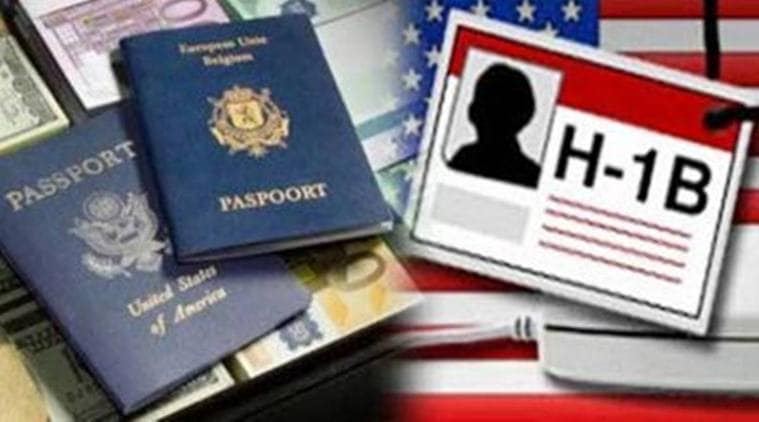With an increased number of workers available for hire, the new rules would be beneficial for employers since they would be able to recruit from the local market without bearing the cost of a full visa.
On Sunday, the Dubai-based Khaleej Times reported that women employed in the UAE would now be able to sponsor work permits for their husbands, fathers, and adult children — a move that would allow more people from overseas to work in the country.
According to the report, the UAE’s Ministry of Human Resources and Emiratisation (MoHRE) on Saturday announced that it had begun issuing family-sponsored work permits to companies desiring to hire the men who were eligible under the new rules.
What changes, how it helps
According to the Abu Dhabi-based The National, a work permit (also known as labour card), is a less expensive alternative compared to a full employment visa, since the latter needs to be coupled with medical insurance.
With an increased number of workers available for hire, the new rules would be beneficial for employers since they would be able to recruit from the local market without bearing the cost of a full visa. The move would also help expatriate families increase their household income.
Before this move, only women could avail of family-sponsored work permits.
Who can sponsor
Since the rules were first relaxed in April, both men and women having a minimum prescribed income are allowed to sponsor family members for a work permit. According to The National, the minimum income for a worker desiring to nominate is AED (Emirati dirham) 4,000 (about Rs 75,000) per month, or AED 3,000 (Rs 56,000) plus accommodation. The requirement of a managerial title has now been dropped, and the scope for women to bring family members has been widened.
The minimum salary requirement for sponsoring parents is higher at AED 20,000 (or Rs 3.75 lakh) per month, or AED 19,000 (Rs 3.56 lakh) plus two-bedroom accommodation, including expenses. The parents must be sponsored together, and the worker must prove that he/she is their sole financial provider.
Single mothers are allowed to sponsor their child if they earn a minimum salary of AED 10,000 (Rs 1.87 lakh).
The report by The National also says that applicants under the scheme would require a valid residency visa, passport, health certificate, copies of the employment contract, the sponsoring company’s valid trade licence, education certificates, and other evidence of professional qualifications.
Who are eligible
All male legal residents (members who have already been sponsored) are now eligible, irrespective of their profession. Starting July 28, the list of eligible persons has come to include husbands sponsored by their wives, fathers sponsored by their adult children, and even teenage students. They can avail work permits for juveniles aged between 15 and 18 years, and work permits for trainee students aged between 12 and 18 years.
The work permits can be obtained at all branches and centres of MoHRE, including Tas-heel, Tadbeer, Tawafuq, and Tawjeeh.
Indians in the UAE
According to the website of the Indian Ministry of External Affairs, the Indian population in the UAE is the largest concentration of Indian nationals outside India with more than 33 lakhs people. Professionally qualified personnel constitute about 15% of this group, followed by white-collar non-professionals (clerical staff, shop assistants, sales men, accountants etc.) at 20%. Blue-collar workers make up the remainder 65%.
Recent moves by UAE
The Middle-Eastern country has in the recent past increased its pace of rolling out policies to help its trade and tourism sectors.
Earlier in July, it reduced the fees for obtaining work permits by 50% to 94% for 145 services and transactions. The fee for a two-year work permit for a skilled or limited skilled worker was reduced to AED 300 (Rs 5,600) for all categories of firms, from the AED 300-5,000 (Rs 5,600-94,000) earlier, depending on the category of the firm and the skill levels of the worker.
Speaking to The Indian Express, Prof A K Pasha, a West Asia expert at the School of International Studies at JNU, said, “These efforts to attract more trade and tourism to the UAE are partly in response to the reversals that the UAE is facing in the region. Its aggressive campaign in Yemen along with Saudi Arabia has not delivered the desired results. Additionally, the UAE has also become distanced from Iran, a key trading partner, due to US imposed sanctions. For the past two years, the country has seen a downturn in investments, and the current moves are a course correction to avoid a repeat of the 2008 recession which badly hurt its economy.”
Source: Read Full Article


